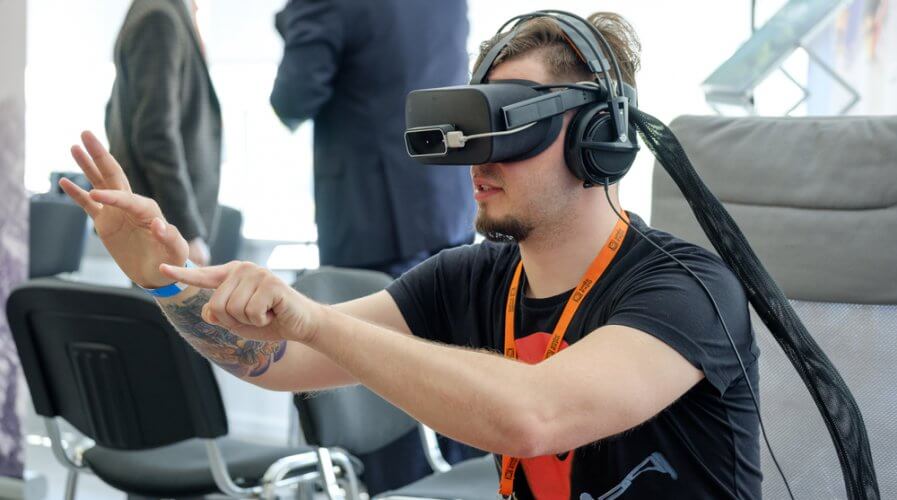
It’s not about artificial intelligence, it’s about augmented intelligence. Source: Shutterstock
Experts might have overestimated the influence of AI on jobs
DON’T doubt for a minute what artificial intelligence in all its might and glory can help the world achieve.
It’s a great technology and will only grow more powerful as 5G, the internet of things (IoT), and quantum computing becomes a more dominant part of society.
But it seems like it’s up to humans when it comes to determining which direction AI will eventually take. If people choose — with or without the influence of regulators — AI can support humans rather than put them out of a job.
According to a recent video featuring theoretical neuroscientist and entrepreneur Vivienne Ming, AI will lead to the creation of augmented intelligence where professionals such as doctors and teachers will become artificially smarter.
“AI is this amazing technology that will make us better. It will take doctors and make super doctors, teachers become super teachers, everyone becomes better. We call this augmented intelligence,” said Ming.
And although augmentation is an intelligent choice because it leads to a better future for everyone, it isn’t the only choice. A more economical choice is the use of artificial intelligence to deprofessionalize jobs as we know them today.
Deprofessionalisation is the systematic deskilling of professional positions, according to Professionals Australia, a body striving to recognize and reward professionals of all kinds.
The organization believes deprofessionalization is a process which occurs in a workplace or industry when non-qualified or less-qualified individuals are used to perform work which is more properly performed by appropriately qualified individuals.
With help from AI, companies could save a lot of money recruiting less-qualified individuals but that wouldn’t really help elevate their portfolio of offerings or better serve customers. It’ll only be more economical.
“It’s a dead-end race to the bottom,” pointed out Ming, speaking of deprofessionalization in the video.
Nobody knows what the future holds
“The one thing I know about the future of work is that it’s unknown. So what we need to do is build people for the unknown.”
Ming’s advice is simple but very effective. She’s asking people — young graduates and experienced professionals to exercise their creativity, learn to think outside the box, and strive to do what they do better every day.
Although a lot of experts believe that AI will completely disrupt what jobs look like in the future, it seems that’s only a possibility if we focus on deprofessionalizing instead of augmenting intelligence and building smarter people.
Thinking about it deeply, regulators and businesses should realize that there’s great value in steering away from deprofessionalization, because the alternative option is far more exciting and could transform the world as we see it — to take us into a brand new, far more productive, and far more profitable.
In order to get there, however, professionals must also do their bit. They must exercise their creativity.
“The value we have, all of us, is our creative potential. And when I say creative, I don’t mean painting pictures or making movies per se. I’m a scientist. That’s creative work. I’m exploring the unknown.
“If you don’t learn how to do more than you’re told, then someone like me is going to end your whole career,” concluded Ming.
READ MORE
- Trustworthy AI – the Promise of Enterprise-Friendly Generative Machine Learning with Dell and NVIDIA
- Strategies for Democratizing GenAI
- The criticality of endpoint management in cybersecurity and operations
- Ethical AI: The renewed importance of safeguarding data and customer privacy in Generative AI applications
- How Japan balances AI-driven opportunities with cybersecurity needs






